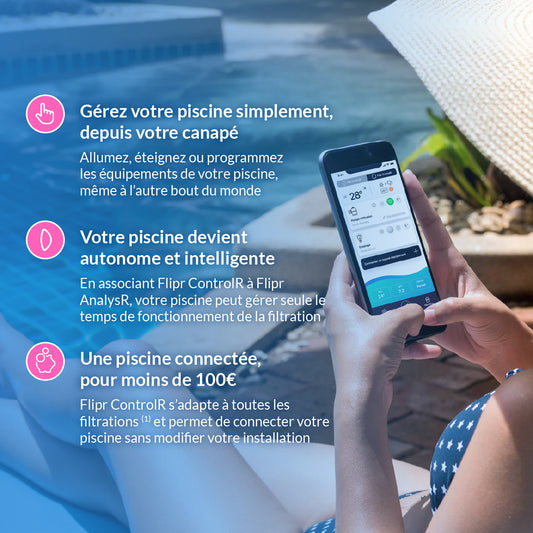Dealing with Hard Water in Las Vegas Pools
Living in Las Vegas comes with the challenge of managing hard water, especially when it comes to maintaining swimming pools. The high concentration of calcium and magnesium in the local water supply can lead to scaling, cloudy water, and inefficient pool equipment. Understanding the effects of hard water on your pool and learning how to manage it is crucial for a safe and enjoyable swimming experience.
Understanding Hard Water Effects
Hard water can lead to several issues in your pool. The most noticeable effect is scaling, which occurs when calcium deposits build up on pool surfaces and equipment. This not only makes the pool look unappealing but can also cause damage over time. Additionally, hard water can lead to cloudy water, which is both unattractive and potentially unsafe. The excess minerals in hard water can also interfere with the effectiveness of pool chemicals, leading to higher maintenance costs and more frequent cleaning.
- Scaling and damage to surfaces
- Cloudy and unappealing water
- Inefficient pool chemical performance
Managing Calcium Levels
Managing calcium levels is essential to prevent hard water from wreaking havoc on your pool. Regularly testing your pool water is the first step in keeping calcium levels in check. Use a good quality test kit to ensure that calcium hardness remains within the recommended range of 200-400 ppm. If levels are too high, you may need to partially drain and refill your pool with fresh water. Alternatively, using a sequestering agent can help bind calcium ions, preventing them from forming deposits. Always follow product instructions carefully, and consult local regulations regarding water disposal to avoid legal issues.
Preventing Hard Water Issues
Preventing hard water problems before they start is key. One effective method is to use a water softener or pre-filter when filling your pool to reduce the initial calcium content. Regular maintenance, such as brushing pool surfaces and backwashing filters, can also help manage any mineral buildup. Additionally, maintaining proper pH and alkalinity levels ensures that your pool chemicals work effectively, minimizing the impact of hard water. By being proactive in your pool care routine, you can avoid many of the headaches associated with hard water.
Using Water Softeners
Using water softeners can significantly reduce the challenges posed by hard water in your pool. These systems work by removing calcium and magnesium ions that are responsible for hardness. When filling your pool, passing the water through a softener can decrease the mineral content, making it easier to maintain the pool's overall water balance. Keep in mind that while water softeners can help, they are not a complete solution. Regular monitoring and maintenance are still necessary. Additionally, ensure that any softening system used complies with local water quality and treatment regulations.
Conclusion
Conclusion








